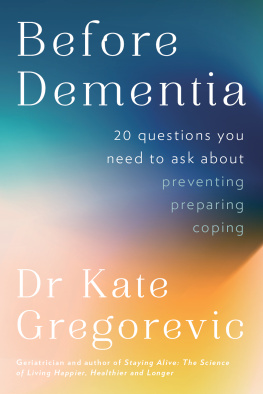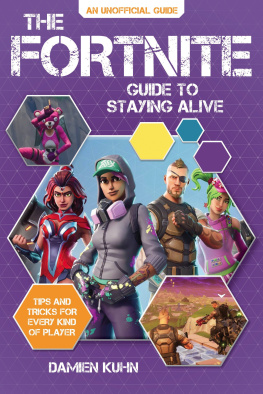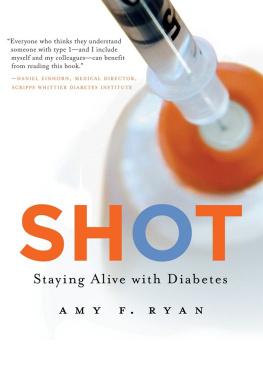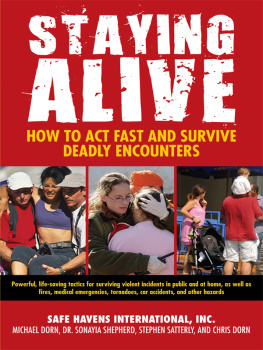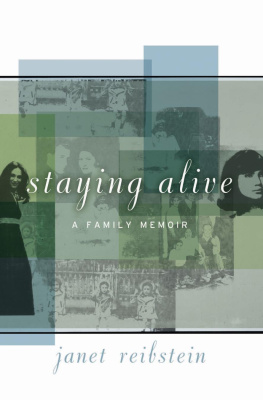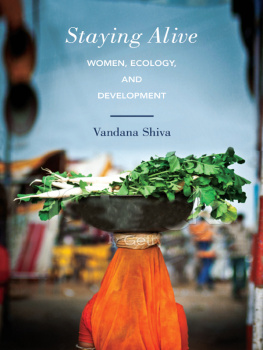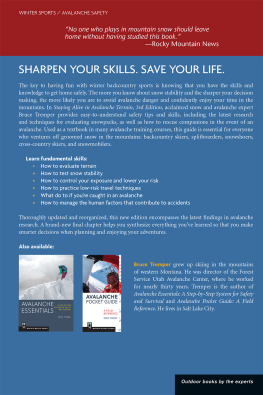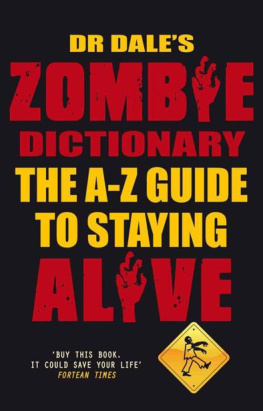Kate Gregorevic - Staying Alive
Here you can read online Kate Gregorevic - Staying Alive full text of the book (entire story) in english for free. Download pdf and epub, get meaning, cover and reviews about this ebook. year: 2020, genre: Home and family. Description of the work, (preface) as well as reviews are available. Best literature library LitArk.com created for fans of good reading and offers a wide selection of genres:
Romance novel
Science fiction
Adventure
Detective
Science
History
Home and family
Prose
Art
Politics
Computer
Non-fiction
Religion
Business
Children
Humor
Choose a favorite category and find really read worthwhile books. Enjoy immersion in the world of imagination, feel the emotions of the characters or learn something new for yourself, make an fascinating discovery.

- Book:Staying Alive
- Author:
- Genre:
- Year:2020
- Rating:4 / 5
- Favourites:Add to favourites
- Your mark:
- 80
- 1
- 2
- 3
- 4
- 5
Staying Alive: summary, description and annotation
We offer to read an annotation, description, summary or preface (depends on what the author of the book "Staying Alive" wrote himself). If you haven't found the necessary information about the book — write in the comments, we will try to find it.
Staying Alive — read online for free the complete book (whole text) full work
Below is the text of the book, divided by pages. System saving the place of the last page read, allows you to conveniently read the book "Staying Alive" online for free, without having to search again every time where you left off. Put a bookmark, and you can go to the page where you finished reading at any time.
Font size:
Interval:
Bookmark:
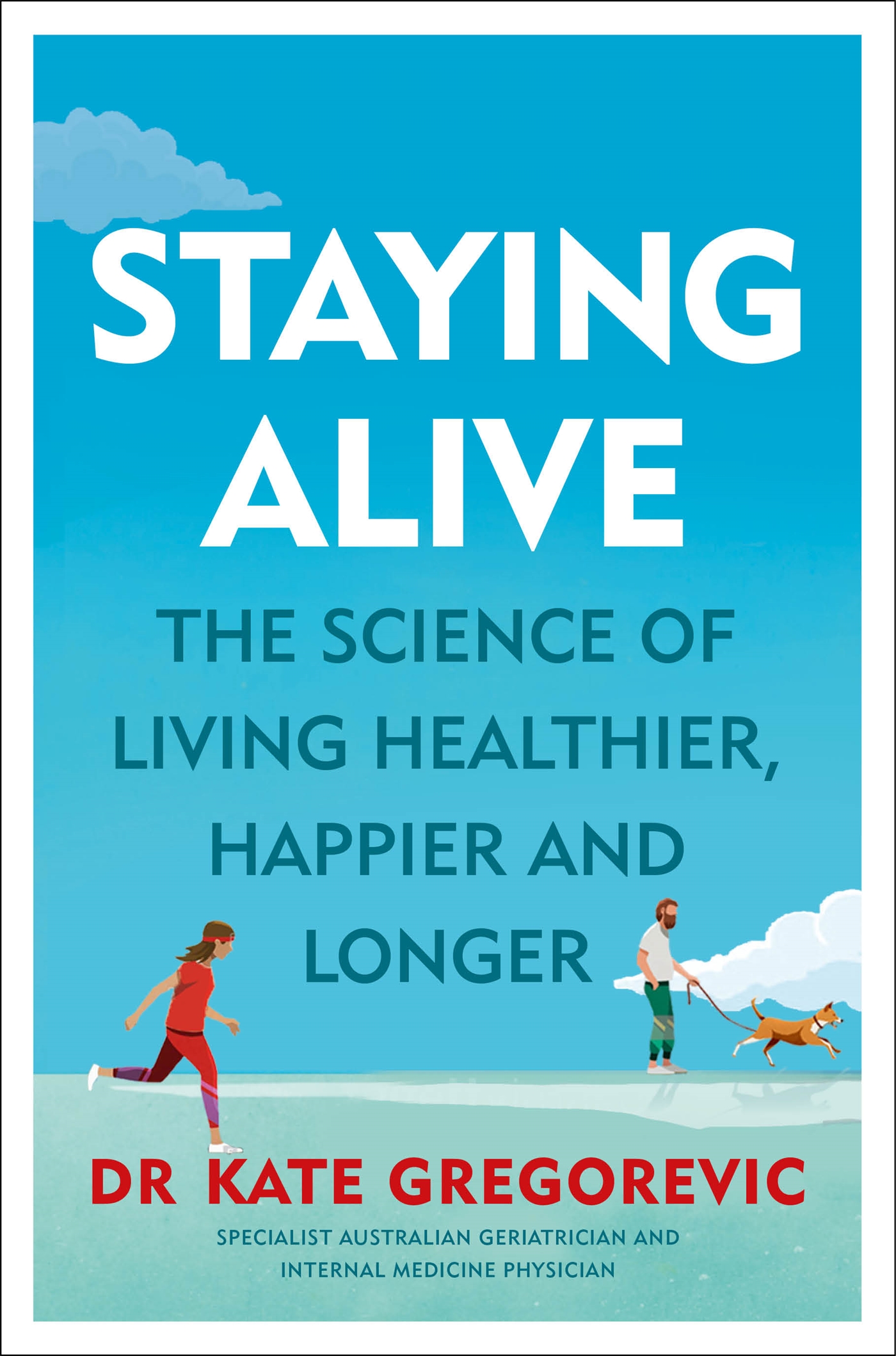
About Staying Alive
Discover how to thrive and live better for longer.
By the time we turn 60 most of us will still have one third of our lives to live. How well we live these years will depend on our health: are we agile and disease free? Or dependent on medication and physical assistance?
In Staying Alive youll discover the science on how you can avoid or manage the major diseases that impact us as we age, including heart health, diabetes and dementia, and boost your everyday behaviours to improve your enjoyment of life.
Specialist Australian geriatrician Dr Kate Gregorevic clearly outlines key lifestyle-enhancing strategies for nutrition, exercise, cognitive and emotional health, and the positive impact they will have as you age.
Easy to understand and based on the latest research, this is the day-to-day lifestyle guide you need to benefit you now and into a long and healthy future
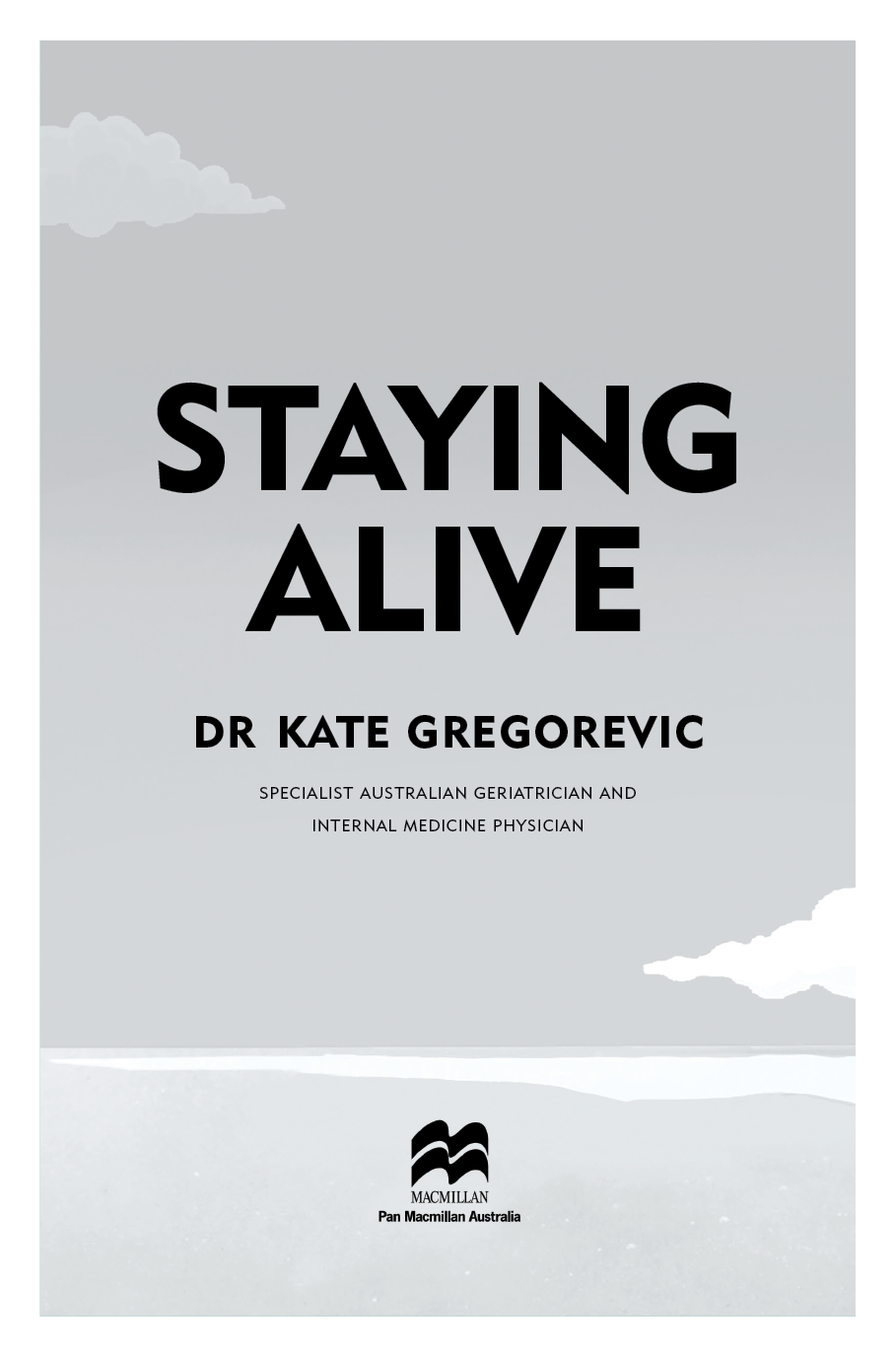
To my husband and children, my best reasons for staying alive
Contents
Introduction
Living as long as possible shouldnt come at the expense of enjoying the present.
One of the greatest gifts of being a doctor for older adults is the constant reminder that life is fragile, finite and precious. This makes me want to protect my life and my health because I want to live as long and as well as possible, but it also reminds me to enjoy today, in case that is all there is.
The competing knowledge that our lifestyle choices can prolong life, but that death is also inevitable can present one of the most challenging conflicts of human existence. It manifests in the small, everyday decisions we make. Will I eat this piece of cake now: the delicious taste versus the longer-term risk of diabetes? Will I have another glass of wine: the light-headed buzz versus the increased risk of cancer? Will I go to bed or just stream another episode of a gripping TV show: the entertainment now or decreasing my risk of dementia with adequate sleep?
I regularly have the privilege of looking after people who have lived eight or nine decades. It is incredible to discover the wisdom and perspective that comes from living an incredibly long life. For so many of my patients, there is also a recognition that time has become something concrete and measured; with most of their years behind them there is a deep insight of what truly matters in life.
Age is not a number
As a geriatrician, most of my patients have problems related to age. This does not mean they are all old. There can be vast disparities in health between two people of the same age. My own grandmother has the kind of life that many of us aspire to enjoy in their nineties: she lives independently, tends her garden, walks her dog and is on the board of a charity. I see others who are living lives far more constrained by physical or cognitive impairments some in their sixties and seventies needing carers on hand at all times.
While one of the best ways to reach very old age is to choose your parents wisely, for most of us, the number of healthy years lived will be influenced by our lifestyle choices. While people love to tell stories of people who lived to ninety while smoking a packet of cigarettes a day, these people are memorable in their rarity. Those who died young of smoking-related illness are no longer here to tell their story.
The traditional medical model of health is defined as the absence of disease by avoiding risk factors. It wasnt until I started my PhD research, exploring a framework of health outside this traditional model, that I truly understood that there is no conflict between the way we feel today and doing the best for our future. I discovered another framework for health, one that focuses on creating health by including positives, rather than avoiding negatives.
It was my PhD supervisor, Professor Ruth Hubbard, who first suggested looking at positive factors associated with recovery rather than negatives. These are called health assets, factors that are desirable in their own right that are also associated with the creation of wellbeing. This approach is based on an idea with the lovely name salutogenesis, a word coined by sociologist Aaron Antonovsky. Salutogenesis is a theory of health that posits that we and our communities have resources that we can use to optimise our wellbeing, and that these are desirable in their own right. Basically, including more things that improve life today is a strategy to increase longevity. This concept of health also goes beyond the idea that health is purely physical; it also incorporates social and mental health, as well as the concept of happiness.
Live for today, not just tomorrow
In my clinical work and through my research I have been able to explore some of the key factors that influence health and wellbeing in old age. Indeed, when I meet people and they find out what I do, I am often asked for advice on how to achieve longevity. This is perfectly understandable, especially when you consider that there are thousands of studies showing the benefits of lifestyle in achieving longevity, but we need to put this in context despite numerous eminent researchers working to unlock the secrets of ageing, no one has ever made it stop; no one has ever solved the problem of death.
We rarely allow ourselves to think this overwhelming thought, but for every single one of us, life is fragile and uncertain. Even following all the right advice, we could develop an incurable disease tomorrow or even die suddenly today. This is why the question of how to live well today is so urgent: we need to start thinking about what makes life worthwhile in the present.
Most of us will have goals we are working towards bigger-picture goals that are important for our sense of self and that create structure in our lives but it is the day-to-day minutiae that makes a life. It is discovering a new and delicious food, going out for a walk and seeing the morning light reflecting on a building or running into an old, much-loved friend.
Living well means creating the right conditions to feel positive, energetic and engaged. And that does not mean always taking the easiest option making the choice to feel better can be effortful, especially if it means a change in habits.
The secret to longevity
If you are looking for a simple, rigid solution to longevity, this is the wrong book. There is no one best life that will suit every person only you can define this for yourself. Instead, I hope to empower you with the knowledge to create your own framework so you can live your own best life, starting today.
In the first part of the book, I will explain what happens as we age not the external changes that we all see, but the changes that occur at the DNA and cellular level. These changes have their basis in the cellular processes that are inevitable for life. These changes dont occur at the same linear rate in everybody, and they are influenced by many factors in life.
Ageing is also associated with key changes in the way our immune systems work, called inflammaging. Put very simply, in people who are frail and older, the immune system is both more active and less efficient. These cellular and immune changes translate to changes in how our bodies work, and this can lead to frailty.
In part 2, I show you how the day-to-day lifestyle choices you make can not only improve your physical and mental health in the present but also affect cellular ageing and decrease the risk of chronic disease, frailty and dementia. This section looks at nutrition in healthy ageing, movement, and how sleeping well, being cognitively challenged, having plenty of social connections and feeling a sense of purpose all influence the rate of ageing.
Font size:
Interval:
Bookmark:
Similar books «Staying Alive»
Look at similar books to Staying Alive. We have selected literature similar in name and meaning in the hope of providing readers with more options to find new, interesting, not yet read works.
Discussion, reviews of the book Staying Alive and just readers' own opinions. Leave your comments, write what you think about the work, its meaning or the main characters. Specify what exactly you liked and what you didn't like, and why you think so.


